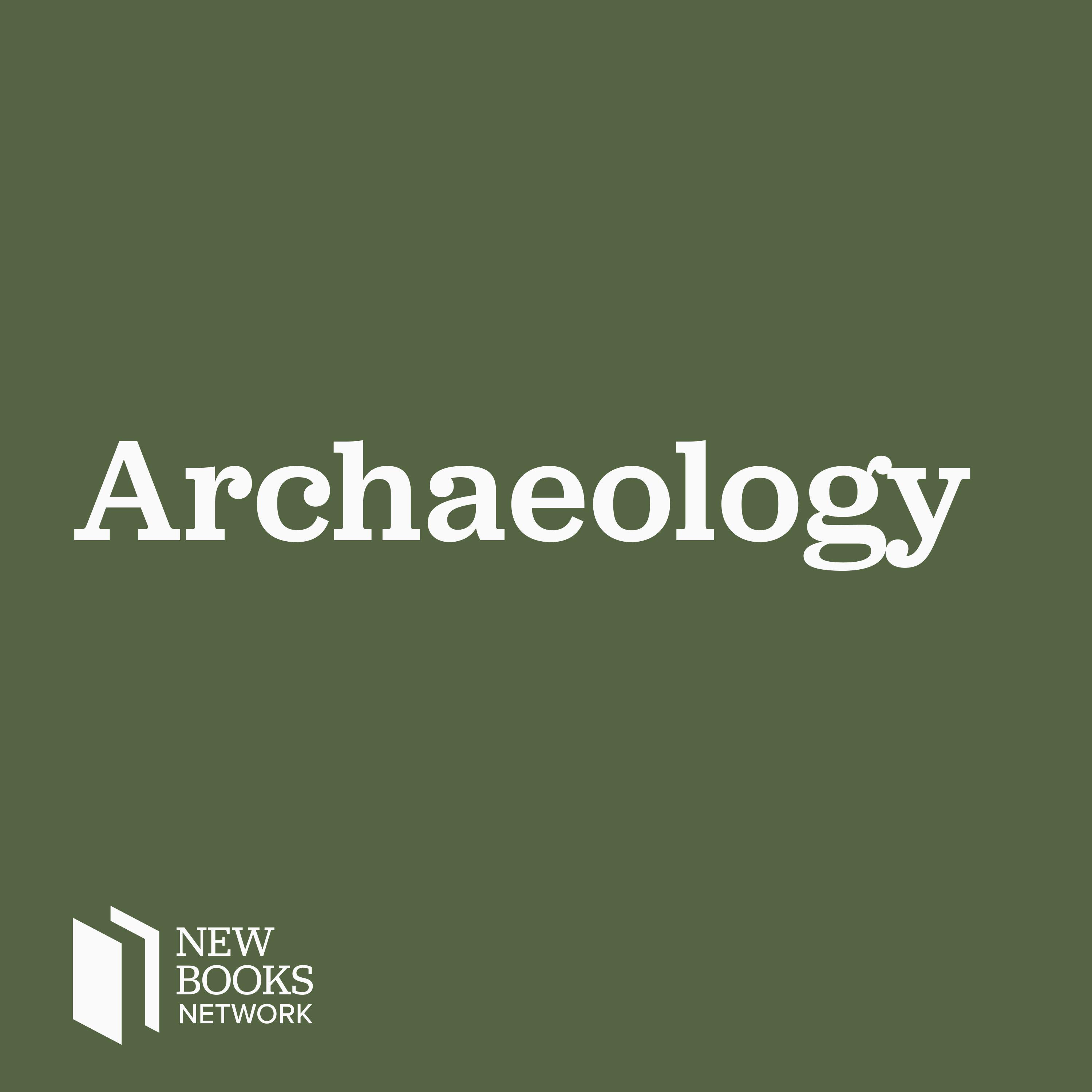Timothy R. Pauketat, "Gods of Thunder: How Climate Change, Travel, and Spirituality Reshaped Precolonial America" (Oxford UP,
Description
Timothy R. Pauketat’s Gods of Thunder: How Climate Change, Travel, and Spirituality Reshaped Precolonial America (Oxford UP, 2023) is a sweeping account of what happened when Indigenous peoples of Medieval North and Central America confronted climate change.
Few Americans today are aware of one of the most consequential periods in North American history—the Medieval Warm Period of seven to twelve centuries ago (AD 800-1300 CE)—which resulted in the warmest temperatures in the northern hemisphere since the "Roman Warm Period," a half millennium earlier. Reconstructing these climatic events and the cultural transformations they wrought, Pauketat guides readers down ancient American paths walked by Indigenous people a millennium ago, some trod by Spanish conquistadors just a few centuries later. The book follows the footsteps of priests, pilgrims, traders, and farmers who took great journeys, made remarkable pilgrimages, and migrated long distances to new lands.
Along the way, readers discover a new history of a continent that, like today, was being shaped by climate change—or controlled by ancient gods of wind and water. Through such elemental powers, the history of Medieval America was a physical narrative, a long-term natural and cultural experience in which Native people were entwined long before Christopher Columbus arrived or Hernán Cortés conquered the Aztecs.
Spanning from North to Central America, Gods of Thunder focuses on remarkable parallels between pre-contact American civilizations separated by a thousand miles or more. Key archaeological sites are featured in every chapter, leading us down an evidentiary trail toward the book's conclusion that a great religious movement swept Mesoamerica, the Southwest, and the Mississippi valley, sometimes because of worsening living conditions and sometimes by improved agricultural yields thanks to global warming a thousand years ago. The author also includes a guide to visiting the archaeological sites discussed in each chapter of the book.
Sarah Newman (@newmantropologa) is an archaeologist and Assistant Professor of Anthropology at the University of Chicago. Her research explores long-term human-environmental interactions, including questions of waste and reuse, processes of landscape transformation, and relationships between humans and other animals.
Learn more about your ad choices. Visit megaphone.fm/adchoices
Support our show by becoming a premium member! https://newbooksnetwork.supportingcast.fm/archaeology
More Episodes
Archaeology as a discipline has undergone significant changes over the past decades, in particular concerning best practices for how to handle the vast quantities of data that the discipline generates. As Shaping Archaeological Archives: Dialogues between Fieldwork, Museum Collections, and...
Published 05/19/24
Published 05/19/24
In Xiongnu: The World’s First Nomadic Empire (Oxford UP, 2024), Bryan K. Miller weaves together archaeology and history to chart the course of the Xiongnu empire, which controlled the Eastern Eurasian steppe from ca. 200 BCE to 100 CE. Through a close analysis of both material artifacts and...
Published 05/01/24


